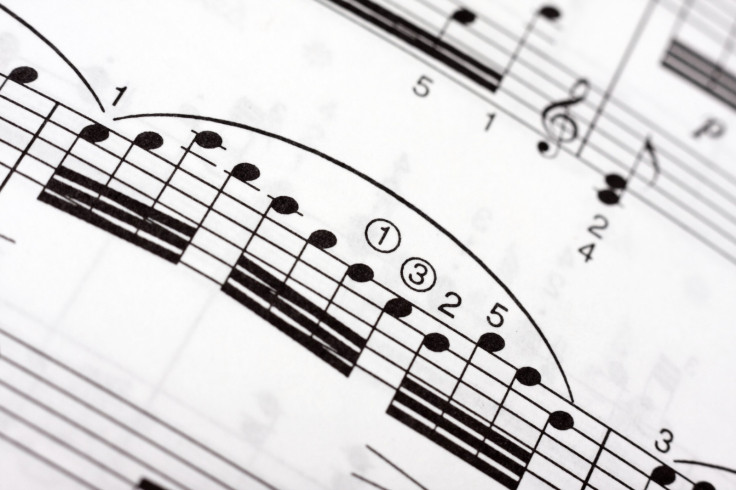Musical preferences are cultural rather than wired in the brain
Exposure to western music may have shaped our preference for consonant chords.

What sort of music we like listening to does not depend on how our brain is wired, but on cultural factors, scientists have found. Exposure to western music could potentially lead us to develop a preference for consonant chords.
The study, published in the journal Nature, deconstructs the long-established hypothesis that some combinations of notes are generally considered more pleasant than others because our brains are structured to respond favourably to them.
For many years, some scientists believed that dissonant chords – combinations of notes that sound jarring to the human ear – were negatively processed by our brain, thus leading individuals to reject this kind of music. However, others disagreed, saying it was all a matter of conventions.
The debate was difficult to resolve, as very few people in the world are not familiar with Western music and the consonant chords that dominate in its most popular songs. It's pretty hard to find people who don't have a lot of exposure to Western pop music due to its diffusion around the world," lead author Josh McDermott, from MIT says.
"Most people hear a lot of Western music, and Western music has a lot of consonant chords in it. It's thus been hard to rule out the possibility that we like consonance because that's what we're used to, but also hard to provide a definitive test."
Cultural construct
In this study, the researchers worked with 100 people belonging to a remote Amazonian tribe. Known as the Tsimane tribe, this farming and foraging society of about 12,000 people, has a very limited exposure to Western music.
Consonant chords can be defined as being made up of notes that 'sound good' together, like middle C and the G above it (an interval called a fifth).
Dissonant chords on the other hand are combinations that sound jarring, like C to F#. This interval has which has historically been known as the "devil in music".
On two occasions, in 2011 and 2015, they asked participants to rate how much they liked dissonant and consonant chords – after confirming through different experiments that they could tell the difference between both sounds.
The researchers found that dissonant chords such as the combination of C and F# were rated just as likeable as "consonant" chords.
The team performed the same tests with a group of Spanish-speaking Bolivians who live in a small town near the Tsimane, and residents of the Bolivian capital, La Paz. They also tested groups of American musicians and non-musicians.

"What we found is the preference for consonance over dissonance varies dramatically across those five groups," McDermott says. "In the Tsimane it's undetectable, and in the two groups in Bolivia, there's a statistically significant but small preference. In the American groups it's quite a bit larger, and it's bigger in the musicians than in the non-musicians."
These findings suggest that preference for different types of music, and for consonant chords in particular could be a result of an exposure to western music, which values these specific combinations of notes. The way our brain is wired may thus not have much to do with it.
© Copyright IBTimes 2024. All rights reserved.






